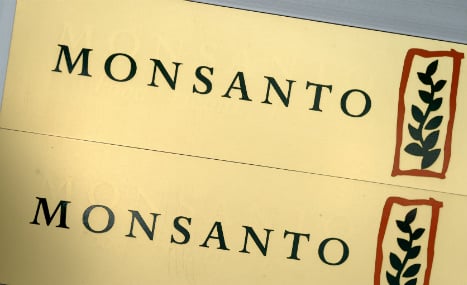“The proposal to acquire Saab was accepted by the vast majority” at an extraordinary shareholders meeting held in Zeewolde in the central Netherlands, Spyker chief executive Victor Muller told journalists via a webcast.
“We held a vote and of the 8.4 million shares represented at the meeting, all of them voted in favour with the exception of 1,174 votes represented by the Association of Stock Owners, which abstained from voting.”
Spyker and GM reached a deal last month for the sale of Saab for $74 million
in cash and about $326 million worth of redeemable preferred shares to be retained by the American giant.
Saab’s future had been in doubt throughout 2009 as GM, going through bankruptcy, radically restructured its business and tried to sell off what it saw as non-core and unprofitable assets.
Spyker, a minnow in the global auto industry, manufactured 21 cars in the first quarter of 2009 and sold 23. It has a workforce of about 90 assembly workers while Saab has 3,400 employees in Sweden alone.


 Please whitelist us to continue reading.
Please whitelist us to continue reading.
Member comments